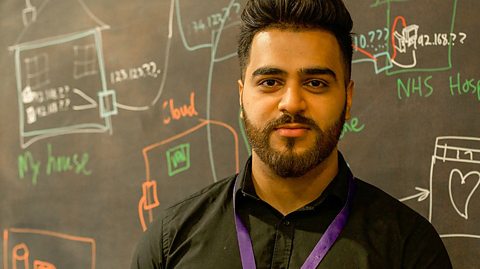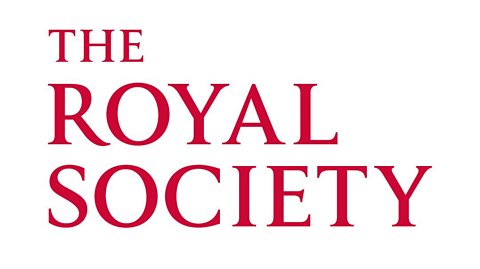What's your job?
I’m a scientist, or a pharmacologist to be more precise. Pharmacology is the science of medicine or other substances and their effect on living systems.
I currently work part-time as a science teacher, inspiring school-age children and supervising university students.
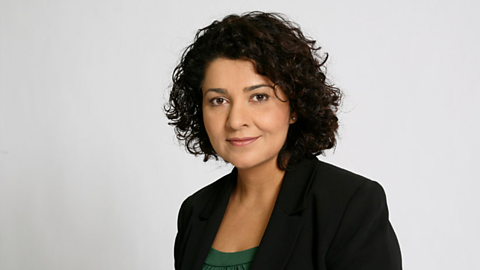
How did you get started in this role?
My childhood began in Pakistan and ended in Hull, where I was the only student of Asian heritage at my comprehensive school.
I went to university and did a degree in pharmacology. Then I worked in industry as a formulation scientist and for a university as a social scientist. After that, I decided to use my scientific expertise to set up my own ethical skincare business. I used my garage as the warehouse, my kitchen as the formulation department and my phone and email as the customer relations department.
What inspires you?
It’s all about exploration. I was really into Star Trek as a kid and did a lot of role play with my brother.
Science is like being Captain Kirk, but instead of exploring different planets, there’s so much to explore here on Earth.
Qualifications
I did A-levels in Chemistry, Biology and Physics, a degree in Pharmacology and masters degree in Health Service Research and a PhD in Social Science.
Best thing about your job
The fascinating thing about science is that you can apply it to cooking, to make-up, to cleaning - basically anything. It gives you tools to do so many different things. It’s great fun. If I was born again, I’d be a scientist all over again.
Top tips
- Be brave enough to explore different ideas
- Expect to work long hours, so feeling passionate about your work is a must
- Practice mindfulness and meditation, as it can be very stressful
- Get your basic education and focus on doing well in your core subjects
- Don’t be afraid to change your career.
I'm a biker, a rock music fan and a pharmacologist. We live in a fluid world and it is okay to change your mind about what you want to do for a living - at any age.

What to expect if you want to be a pharmacologist
- Pharmacologist average salary: £25,000 to £50,000 (Band 5-Band 8)
- Pharmacologist typical working hours: 38 to 40 hours per week
What qualifications do you need to be a pharmacologist?
You could get into this role via a university course or a degree apprenticeship. For a university course, you'll need four or five GCSEs at grades 9 to 4 (A* to C), or equivalent, including English, Maths and Science and three A-levels, or equivalent, including Biology and Chemistry. Alternatives to A-levels include taking a T-level (England only), which is equivalent to three A-levels. Check with your course provider which alternative qualifications they accept. For a degree apprenticeship, you'll need a degree in the relevant subject and you may need to be a Science graduate or already be working in a clinical pharmacology role.
Sources: LMI for All, National Careers Service, GOV.UK.
This information is a guide and is constantly changing. Please check the National Careers Service website and the NHS Health Careers website for the latest information and all the qualifications needed and the GOV.UK website for more on T-levels.
For careers advice in all parts of the UK visit: National Careers Service (England), nidirect (Northern Ireland), My World of Work (Scotland) and Careers Wales (Wales).

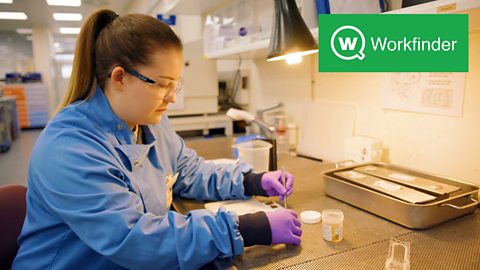
Work experience in your area
Find work experience placements with Workfinder.
Tips and advice
Help with interviews, writing a CV and all things work experience related.


Dr Mark Richards: atmospheric physicist
Mark balances being an atmospheric physicist, a senior teaching fellow and a DJ.
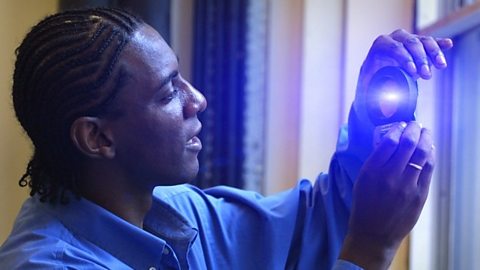
Zahra: researcher video
Zahra's a student and researcher at the University of Salford.
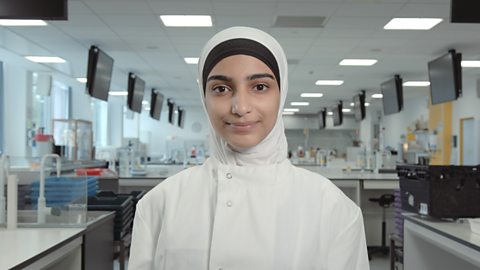
Inshal: intern on a medical app
Inshal works on medical apps, testing for safety and quality.
